Understanding the impact of menopause on bone health
Menopause is a natural stage in a woman's life that marks the end of her reproductive cycle. Although it is primarily associated with hormonal changes and symptoms such as hot flashes or mood swings, one of the most significant long-term effects is the deterioration of bone health . The decrease in estrogen levels that occurs during menopause has a direct impact on bone density , which increases the risk of developing diseases such as osteopenia and osteoporosis .
What happens to bones during menopause?
Estrogens play a crucial role in maintaining bone density . This group of hormones helps balance bone destruction and regeneration, maintaining a constant renewal cycle. During menopause, estrogen levels drop dramatically, which accelerates bone loss. This process can begin during perimenopause ( the transition to menopause), but becomes more pronounced after the last menstrual period.
- Rapid bone loss : In the first 5 to 7 years after menopause, women can lose 20 to 30 percent of their bone density . This rapid loss puts women at increased risk for fractures, especially in the hips, wrists, and spine.
- Skeletal weakening : Over time, osteopenia (a condition of low bone density that precedes osteoporosis) can develop, progressively weakening the skeleton. If preventative measures are not taken, osteoporosis can progress, increasing the likelihood of fractures even with minor falls or injuries.
Do you want to know more about menopause? Then the following article is for you.
Bone diseases related to menopause
- Osteopenia Osteopenia is an early stage of bone loss, in which bone density is lower than normal but not low enough to be classified as osteoporosis . Although women with osteopenia usually do not experience symptoms, they are at increased risk of developing osteoporosis later in life.
- Osteoporosis Osteoporosis is a disease characterized by fragile, porous bones that are more prone to fracture. This condition is common in postmenopausal women due to reduced estrogen . It often has no symptoms until a fracture occurs, making it a "silent disease." Fractures from osteoporosis can seriously affect mobility and quality of life.
- Fractures of the vertebrae (bones of the spine) are common in women with osteoporosis . These fractures can cause severe pain and significant height loss over time. In severe cases, they can affect posture, resulting in a condition called kyphosis or "hunchback."
Additional risk factors
In addition to the decrease in estrogen , there are other factors that can increase the risk of osteoporosis and other bone problems during menopause:
- Low body mass index (BMI) : Women with lower body mass have less protection in their bones and may lose bone density more quickly.
- Smoking : Smoking contributes to bone density loss and accelerates menopause.
- Sedentary lifestyle : Lack of exercise reduces the bone stimulation needed to maintain strong bones.
This might interest you: Mental well-being and its connection to immune response.
How to protect bone health during and after menopause?
- Vitamin D Vitamin D is necessary for proper calcium absorption . Sun exposure helps produce vitamin D , but it can also be obtained from foods such as fatty fish, eggs, and fortified products. If necessary, vitamin D supplements may be an option.
- Regular exercise Exercise, especially weight-bearing or resistance-based exercise, helps strengthen bones. Activities such as walking, running, weight lifting, or yoga are excellent for maintaining bone mass. These exercises not only prevent bone loss, but also improve balance and reduce the risk of falls.
- Collagen Supplements Collagen is an important protein for bone and connective tissue structure. Some studies suggest that collagen supplementation may help improve bone density in postmenopausal women.
- Avoiding harmful habits Reducing or eliminating alcohol consumption and quitting smoking are crucial steps to maintaining strong bones during menopause . Both factors are associated with bone density loss .
Menopause has a profound impact on women's bone health , primarily due to declining estrogen levels . This stage can lead to rapid bone loss, increasing the risk of developing osteopenia , osteoporosis , and bone fractures. However, with proper nutrition, regular exercise, and possible hormone therapies, it is possible to reduce these risks and maintain good bone health in the long term. It is crucial for women to take preventative measures to protect their bones during and after menopause , consulting their doctor to establish a personalized care plan.
We invite you to follow us on our Instagram @adaptohealesp where you will find unique and special information dedicated to you. What are you waiting for?

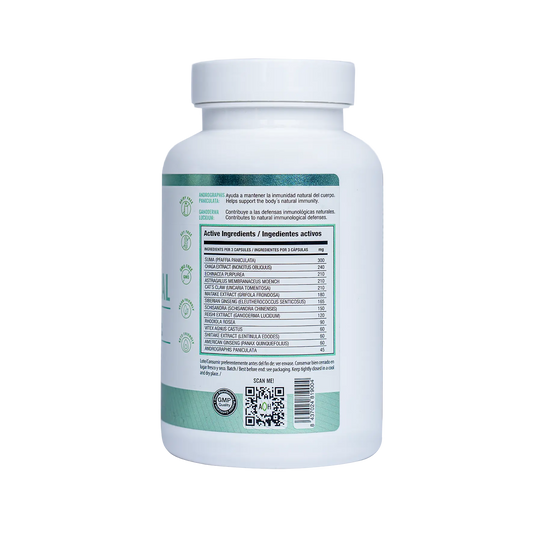
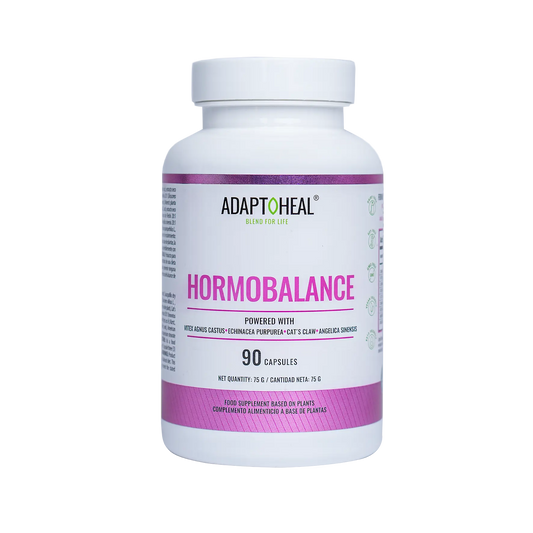
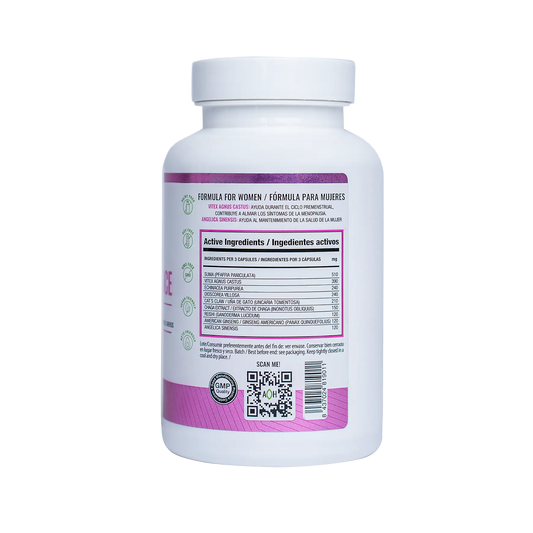

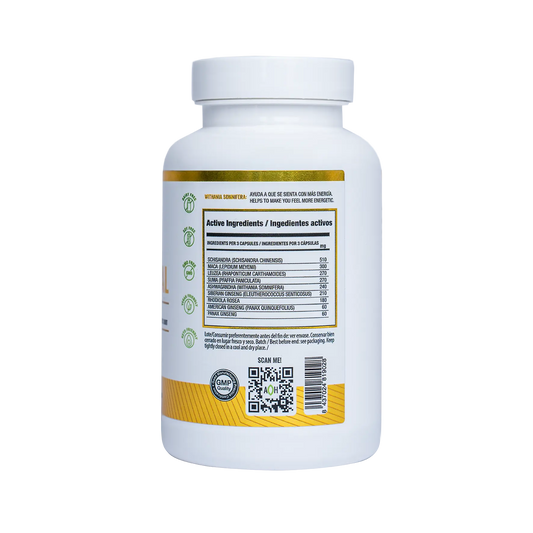

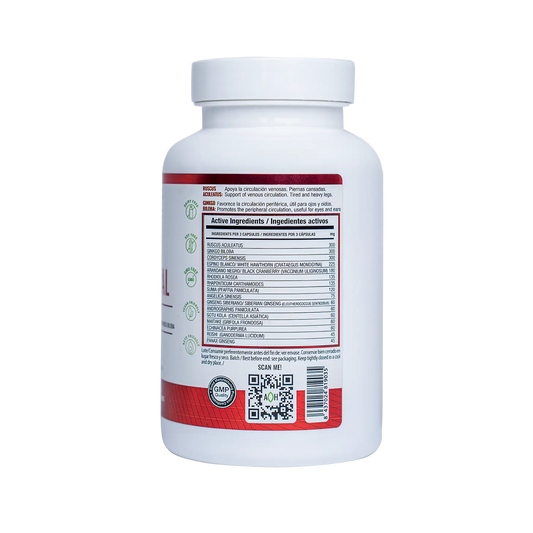
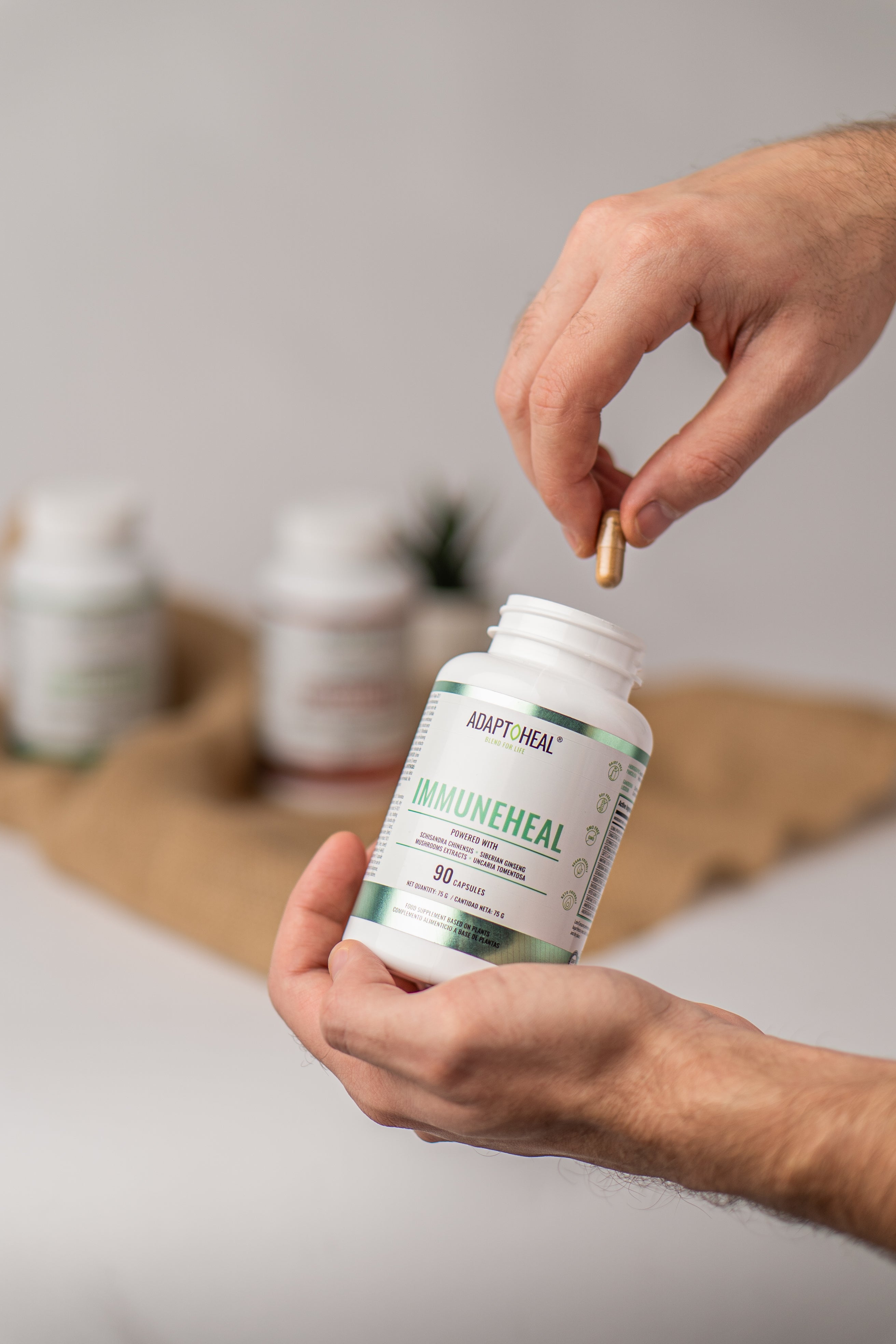
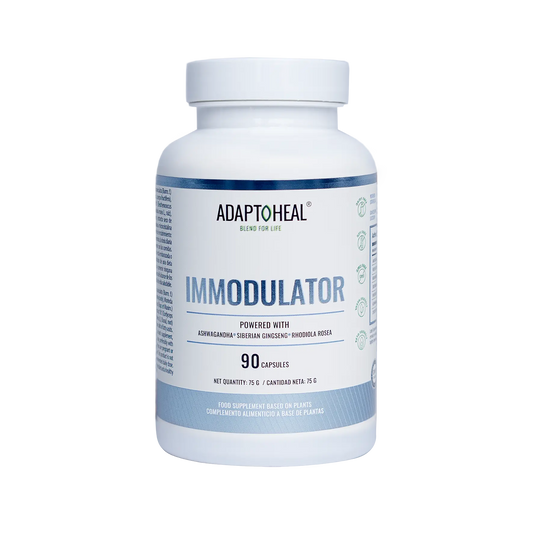
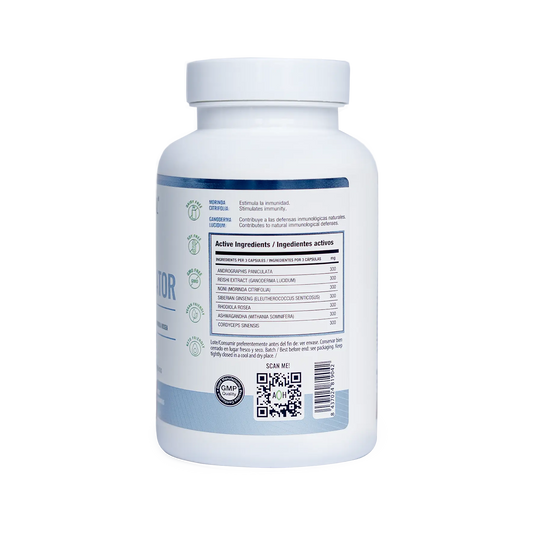


Leave a comment